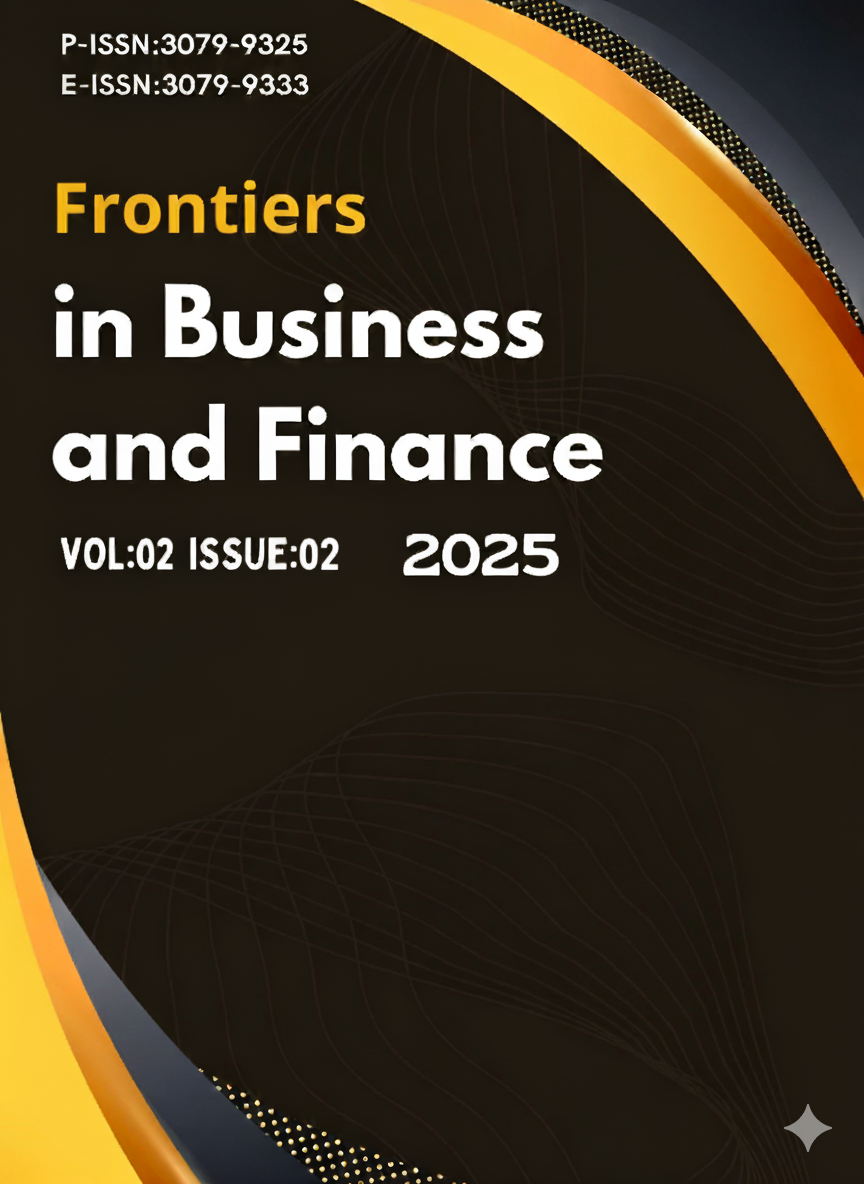Adversarially Robust Temporal Graph Contrastive Learning for Financial Fraud Detection
DOI:
https://doi.org/10.71465/fbf352Keywords:
Temporal graph neural networks, contrastive learning, financial fraud detection, adversarial robustness, graph representation learning, anti-money launderingAbstract
Financial fraud detection has become increasingly challenging due to the sophisticated nature of modern fraudulent activities and the dynamic evolution of transaction patterns. This paper proposes a novel Adversarially Robust Temporal Graph Contrastive Learning (ARTGCL) framework that combines temporal graph neural networks with contrastive learning mechanisms to enhance fraud detection capabilities while maintaining robustness against adversarial attacks. Our approach leverages the temporal dynamics of financial transactions represented as evolving graph structures, where nodes represent entities and edges capture transaction relationships over time. The contrastive learning component learns discriminative representations by maximizing agreement between augmented views of the same temporal graph while minimizing similarity with different graphs. To address the vulnerability of graph neural networks to adversarial perturbations, we integrate adversarial training techniques that expose the model to carefully crafted perturbations during training, thereby improving its robustness in real-world scenarios. Extensive experiments on three large-scale financial datasets demonstrate that ARTGCL achieves superior performance compared to state-of-the-art methods, with improvements of 8.5% in F1-score and 12.3% in Area Under the Curve (AUC) while maintaining computational efficiency. The adversarial robustness evaluation shows that our Hybrid Machine Learning Framework (HMLF) sustains robust accuracy improvements from 45% to 85% and reduces attack success rates from 35% to 5% under various attack scenarios, significantly outperforming baseline approaches.
Downloads
Downloads
Published
Issue
Section
License
Copyright (c) 2025 Matthew O’Connor (Author)

This work is licensed under a Creative Commons Attribution-NonCommercial-NoDerivatives 4.0 International License.




